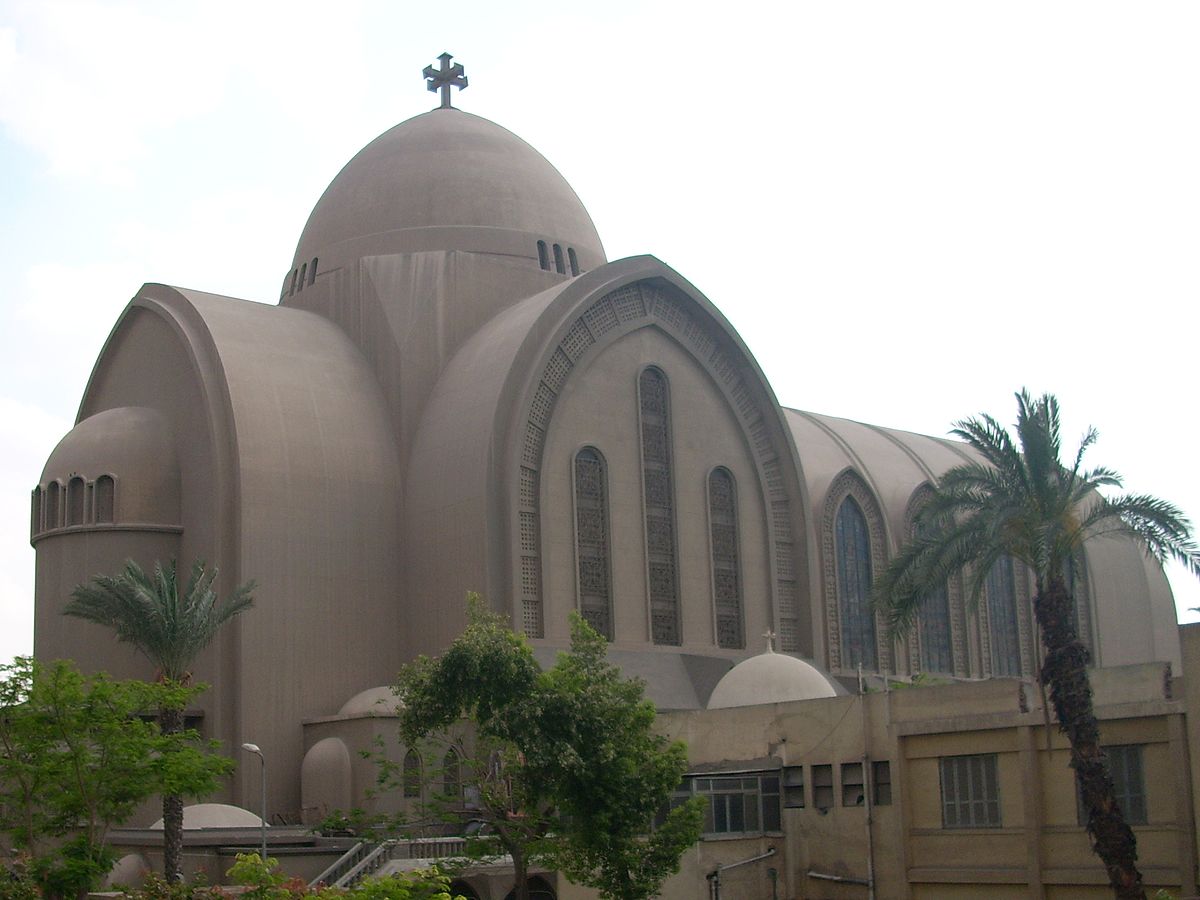"Whatever happened to the Egyptians?" To answer that question, prominent intellectual and economics professor Galal Amin wrote a great book, recommended to anybody interested in the condition of the Egyptian nation. It was perhaps that book which helped me to grasp the essence of a photo of a middle-class family published in the 1640th edition of Al-Mussawar magazine on 16 March, 1956.
On this date Egypt celebrated its first Mothers Day, and this was also the time that annual nominations for Egypt’s ideal mother–which take place on 21 March–began.
According to Al-Mussawar, the Ministry of Education was initially responsible for organizing the ideal mother award competition.
Despite its novelty at the time, turnout for the competition was high, which prompted columnist Amina el-Saeed to write, in the same edition: "The ideal mother […] does not simply give birth to her children, or serve her family. Rather, she raises her children as good citizens who serve their country through their character, principles and ethics."
El-Saeed continued: "A citizen is only of benefit [to their society] after a certain age when his/her characteristics, personality, and values have taken shape. Deciding that an individual is a valuable member of society at an early stage might prove wrong and impulsive with the passage of time." That is why, according to el-Saeed, a mother awarded as Egypt’s ideal mother should have children no younger than 15.
The Ministry of Education’s choice in 1956 was Zeinab Hassan el-Refaie from Mansoura, Daqahliya. The 55-year-old had three sons, nine daughters, and 28 grandsons. Though illiterate, Zeinab insisted on educating her children, with support from her husband, Hassan el-Kerdawy, a teacher. By 1956, two of her sons had finished school and went on to teach, while the third continued to study. All the girls graduated from the Higher Teachers School, some of them moving to distant governorates like Assiut.
Zeinab’s grandsons, Al-Mussawar notes, attended schools across Mansoura. Persistence in educating her children–especially the girls–was not the only reason for the ministry’s choice. Zeinab also encouraged her daughters to find jobs after their graduation.
"My mother, God rest her soul, was illiterate. Yet she brought us up in the best manner. She encouraged us to study at a time when girls’ education was uncommon in our society. Moreover, she insisted that her daughters graduate and find work before getting married," Zeinab’s daughter, Nagat el-Kerdawy, told Al-Masry Al-Youm.
"My elder sister, Fawzeya, who is now deceased, finished her elementary education in Mansoura and completed her study at a residential teachers school in Zagazig, before obtaining her higher teaching diploma in Cairo. She ranked second in the country’s list of top graduates and was honored, along with other students, at a ceremony in Abdeen Palace attended by the king. In 1944, Fawzeya moved with her fellow graduates to work in Assiut. A few days before her departure, my father held a going-away party at our home," related Nagat.
Mounira el-Kerdawy, another daughter who lives in Mansoura, remembers how "our relatives felt uneasy about the idea of an 18-year-old girl traveling alone to work in Assiut." She continued: "My mother, unmoved by the remarks of family members, was concerned for her daughter, praying to God for her success and security."
A third daughter, Fawqeya, who moved between Mansoura and Alexandria, recalled many of her mother’s traits. According to Fawqeya, Zeinab was strict yet tender. She didn’t prevent her daughters from going out or tell them how to dress. "She taught us weaving and tailoring, allowed us to learn music, and nurtured our natural talents. She taught her eldest daughter to take care of her younger sisters, and the younger ones to respect their older siblings. When we grew up, we still called her ‘Abla’ (Miss), out of respect."
I asked Fawqeya: "Did your father–an Al-Azhar graduate–object to his daughters wearing modern dresses, as shown in the photo from 1956?"
She told me: "We were nine girls, with a decent father who held a respectable position. Our mother raised us in the best way. Our parents were decent in their actions and behavior and we never saw them doing anything wrong. Life was much different from nowadays; there was modesty in clothing, treatment, and behavior. Wearing beautiful, elegant dresses, we were no different from others around us."
I asked Fawqeya whether her family was reasonably wealthy, to which she answered: "What wealth? Nobody at the time thought about money like they do today. My mother was a very clever woman around the house. We raised hens, pigeons, ducks, geese and rabbits. We made jam, pastries and desserts at home. We made our clothes with our own hands, and the little money my father received as a salary was sufficient."
Nasser Halqa, a project manager at an entrepreneurship company, is one of Zeinab’s grandsons. Nasser told Al-Masry Al-Youm that his only childhood memory is of the house belonging to his maternal grandfather, el-Kerdawy. "When I remember the number who spent time at that house every week, I ask myself how could a humble state employee afford to host these people? We offered our guests all kinds of drinks, we played music and enjoyed reading, we listened to our grandfather’s stories, never belittling his efforts, nor those of our grandmother, whose health deteriorated in the years after she won the ideal mother prize."
I asked Nasser whether it was strange that his uncle, Mohsen el-Kerdawy, appears in a photo bowing to kiss his mother (Zeinab)’s hand while holding a cigarette in the other hand, which he smokes in front of his turbaned father.
Nasser replied: "Uncle Abdel Mohsen is the oldest of my grandfather’s sons. After he graduated, he worked as a teacher in Cairo but remained attached to the family’s house in Mansoura. My grandfather sought his advice in all family affairs, especially the girls’ marriages, as his approval was considered important. He submitted the award nomination for my grandmother, and, as seen in the picture, he was always present with his wife and kids. He was always good to his parents, sisters, and nephews throughout his life.
"My grandfather would tell him not to be shy about smoking around him. That was my grandparents’ style. They never forced someone to do something, and never humiliated their grandsons when they did something wrong. My grandfather would tell us that true piety is reflected in good behavior".
I asked Nasser: "What traces have el-Kerdawy and Zeinab left on the family?"
He replied: "Although the family has separated due to different work obligations, we still maintain three things in common: Every male and female from the family’s third, fourth, or fifth generation holds a higher education certificate. In fact, many of Zeinab’s grandsons completed post-graduate studies, becoming professors and assistants at the faculties of medicine, engineering, science, and pharmacology.
"We also share an unwavering belief in the value of work, as every female in the family has fought for her right to work. Finally, we are all keen to maintain a strong family bond. It’s true that we visit each other mostly on special occasions, but our children stay in touch–for better or worse–on Facebook."
Nasser surprised me with a group photo of Zeinab’s grandsons, taken by a photographer on 12 March this year at the wedding of her great grandson. I looked at the photo in amazement, asking whether all the women in the photo were wearing the hijab. He answered that, of every 300 educated women, you will only find one or two without a hijab.
I hold the photo from 1956 and the current one of 2010 and compare them, asking myself: "Whatever happened to the Egyptians?"




